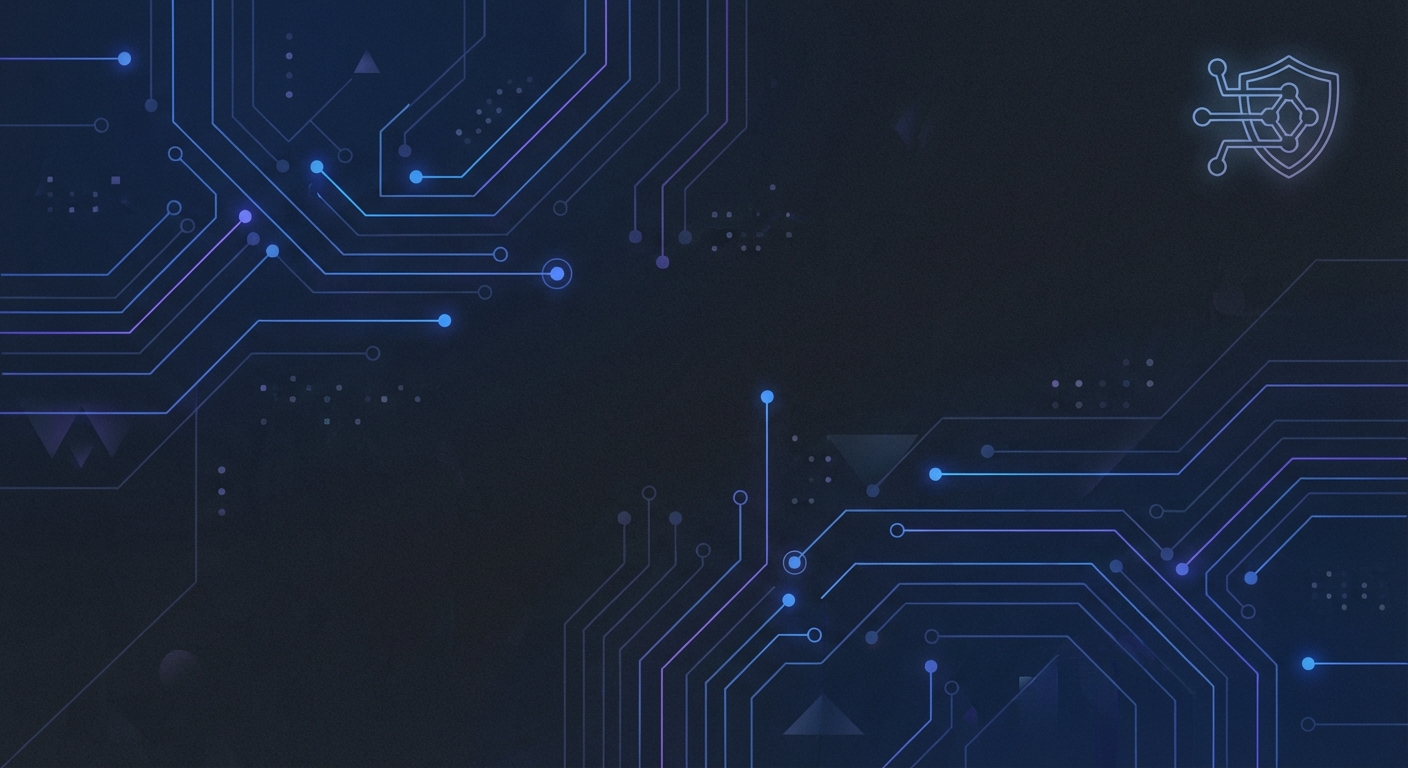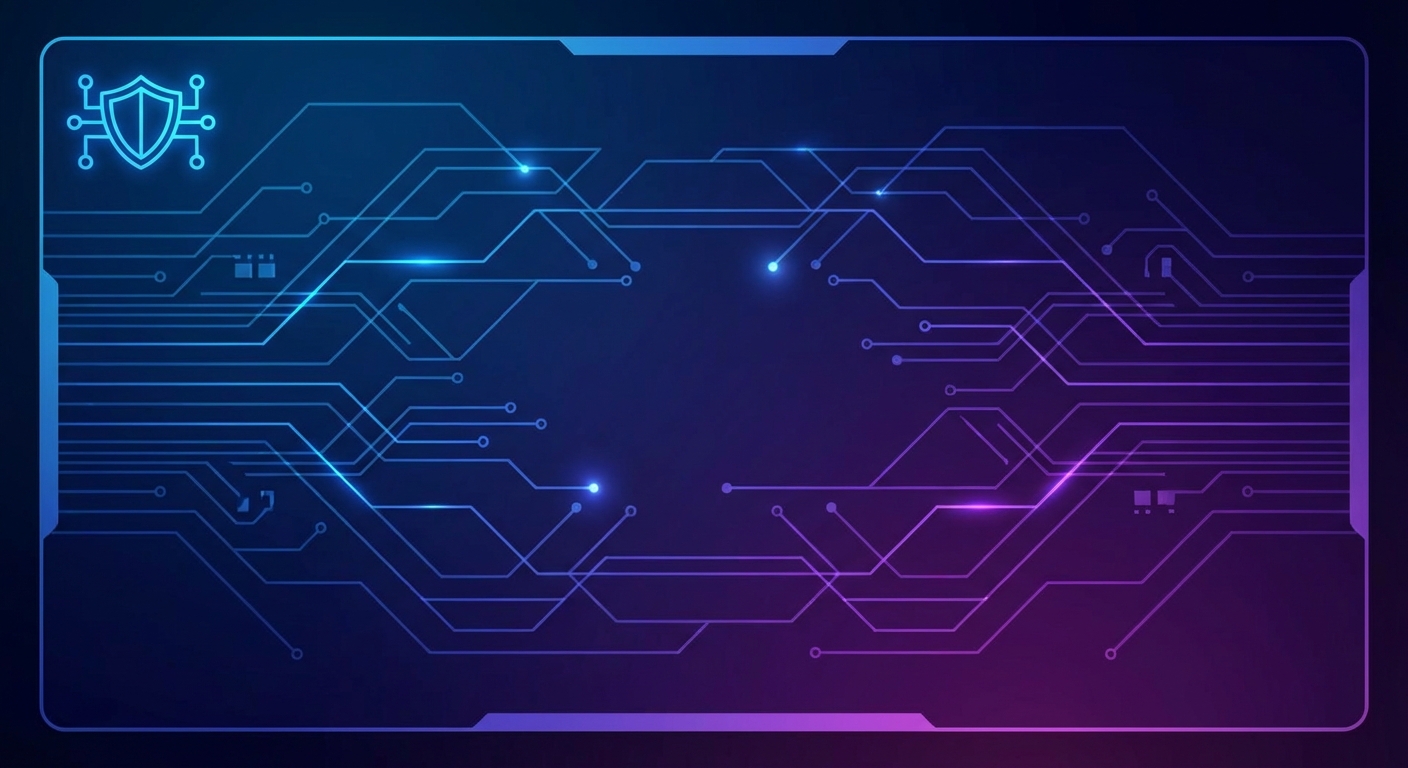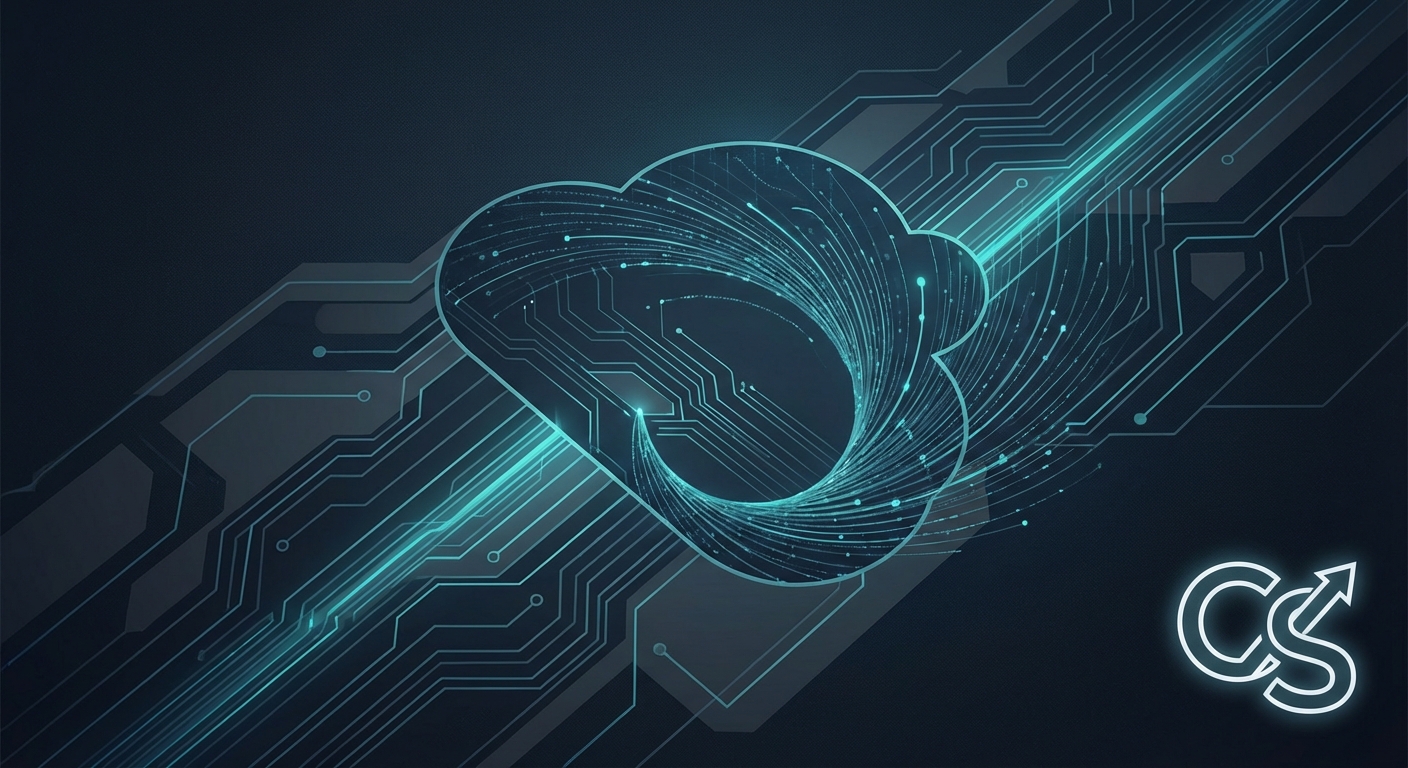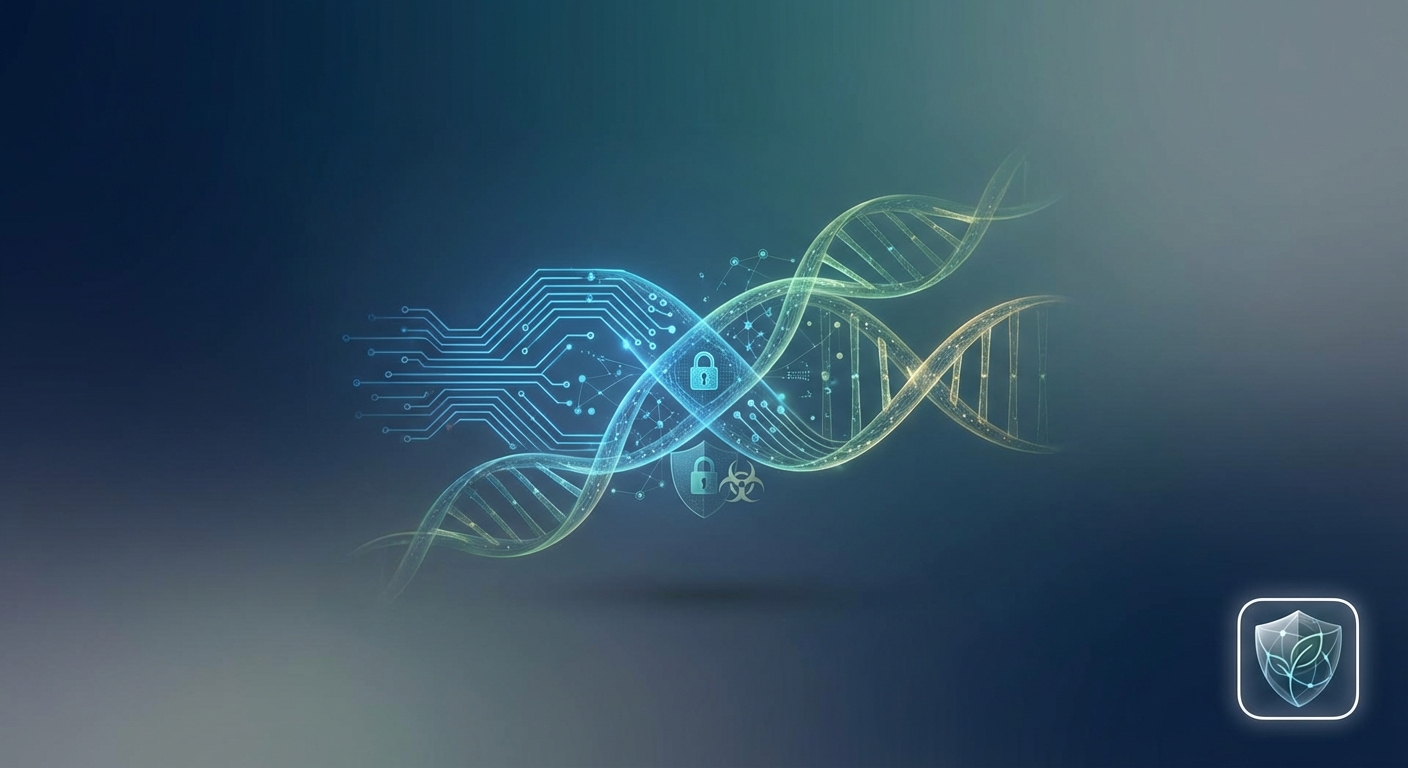Identifying the Various Types of AI Agents
TL;DR
Introduction: AI Agents in the Enterprise Landscape
Okay, so ai agents in enterprise settings? Yeah, it's not some sci-fi fantasy anymore. They're kinda everywhere, doing everything from answering customer queries to hunting down cyber threats. But here's the thing, not all ai agents are created equal, and it's important to know the difference.
- ai agents are increasingly prevalent: They're popping up in all sorts of enterprise software, and cybersecurity is a big one. You see them in healthcare helping with diagnoses, in retail personalizing shopping experiences, and even in finance doing algorithmic trading.
- Different ai agents offer varied capabilities: Some are simple reflex agents, like a thermostat kicking on the heat. Others are more complex, like utility-based agents balancing cost and profit.
- Understanding these differences is crucial: This is especially true for identity management and security. You wouldn't want a simple reflex agent guarding your company's crown jewels, right?
Think about customer service chatbots. Some are just reactive machines, spitting out canned responses. Others, the limited memory type, learns from past interactions to give more personalized answers.
According to brain pod ai, this kind of ai agents are essential for user experience by providing personalized responses.
As ai continues to weave its way into enterprise systems, understanding the nuances of each agent type is gonna be key. Next up, we'll dive deeper into the specific types of ai agents.
The Core Classifications of AI Agents
Okay, so you're curious about simple reflex agents? These are the most basic, like that thermostat I mentioned. They just react to the current situation. No memory, no planning, just a direct link between perception and action.
Then there are model-based reflex agents. I always think of them as the slightly smarter cousins of the simple reflex agents. They don't just react; they actually try to make sense of what's going in the world, like having a--you know--a little mental model.
- they keep track of the world's state: it's not just about what's happening right now, they remember stuff.
- handles partial info: they don't need to see everything to make a decision. imagine a self-driving car uses sensors to "see" only part of the road; it still figures out where to go.
- cybersecurity threat detection: they can analyze system logs and spot weird patterns, kinda like a digital detective.
And get this, these agents are also useful for things like diagnosing medical conditions--pretty cool, right? Next, let's talk about goal-based agents, which consider future outcomes.
Advanced AI Agent Architectures
Okay, so you're thinking about learning ai agents? One thing that's kinda cool is how they're getting smarter, like, really smart. It's not just about reacting anymore; it's about learning.
Learning agents, well, they're the ai agents that adapt. they're not just following a pre-set of rules.
- they learn from experience: imagine a self-driving car getting better each time it drives, not crashing into things (hopefully).
- adapts to feedback: it's like teaching a dog--you give it a treat when it does something right, and it learns to do it again.
- handles dynamic environments: these agents can deal with chaos and change, because the world isn't static, is it?
So, how does these agents actually learn? It's all about trial and error--kinda like how we learn, honestly. They often use techniques like reinforcement learning, where they get rewards or penalties for their actions.
- exploration: they try new things and see what happens, like a toddler exploring the kitchen cabinets.
- exploitation: they use what they already know to get the best result, like a chef using a tried-and-true recipe.
And here's the kicker: this process lets them get better and better over time, which - honestly - is what you want from something guarding your data, right? Next up, let's get into how all this stuff is used together.
AI Agents and Identity Management
Identity management and ai agents? Sounds like a match made in... well, not heaven, but definitely a necessary pairing, right?
- Securing ai agent identities is crucial.
- Think about it: these agents are accessing sensitive data, some are even making decisions for you. If those agent's identities get compromised, it's game over.
- For example, an ai agent managing patient records in healthcare needs tighter security than a chatbot giving movie recommendations in retail.
- protocols like scim and saml are key:
- SCIM (System for Cross-domain Identity Management) is like a standardized way for systems to talk to each other about user identities and access. It helps automate the provisioning and de-provisioning of accounts.
- SAML (Security Assertion Markup Language) is used for authenticating users across different security domains. It lets an agent prove its identity to another service without needing to re-enter credentials.
- Implementing these protocols are a good way to ensure ai agents are who they say they are.
- Plus, it helps with managing their access privileges--you know--making sure they only see what they need to see.
- Identity governance tools are your friend:
- These tools provide oversight of ai agent activity, flagging suspicious behavior and ensuring compliance.
- Think of it like a digital watchman, keeping an eye on things and making sure no ai agent is going rogue. For instance, an identity governance tool could monitor an ai agent's access to financial data, alerting administrators if it tries to access records outside its authorized scope.
Compliance with regulations like gdpr and hipaa is also a must. Understanding and managing ai agent identities is a critical piece of the broader cybersecurity puzzle.
Cybersecurity Implications of AI Agents
Okay, so, ai and cybersecurity – yeah, it's a big deal. But it's not all sunshine and rainbows, right? It's like giving a toddler a loaded weapon, you got to be careful.
- ai is becoming a double-edged sword: It can defend against threats, but also be the threat. Think about it: malware that learns and adapts is way harder to stop, isn't it?
- Phishing attacks are getting smarter: ai can craft super-convincing emails that bypass your standard filters. It's like, "Hey, I'm your ceo, send me your password." Scary stuff.
- protecting ai agent identities is a must: what if a malicious actor takes over a legitimate ai agent? They could wreak havoc from the inside.
Think about identity management--that's a big risk area. If ai agents identities are not secured, it could lead to serious breaches.
So, yeah--ai is powerful, but we gotta be smart about how we use it and how we defend against it. Next up - some thoughts on ai identity solutions.
Future Trends and Challenges
Okay, ai agents are cool and all, but what about the future? Are they going to take over? Nah, probably not in a skynet kinda way—but things are definitely changing.
- ai is evolving; it's getting more sophisticated and autonomous.
- Think about learning agents getting better at threat detection.
- Instead of just blocking known bad stuff, they start predicting new threats.
- collaboration is key, both between ai and humans
- ai agents are getting better and better at working with people.
- Imagine ai handling the grunt work of identity verification, while a human analyst looks at anything fishy.
- security is a must, or it's all for naught.
- we're gonna need to come up with beefier security frameworks for ai agents themselves.
- it's needs to be continuous monitoring and auditing of what they're doing.
So, it's not about machines taking over- it's about machines and people working together smarter.





